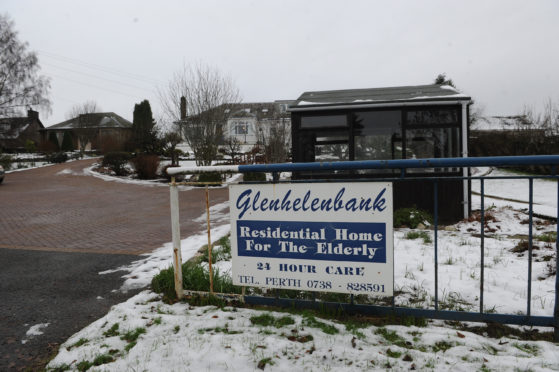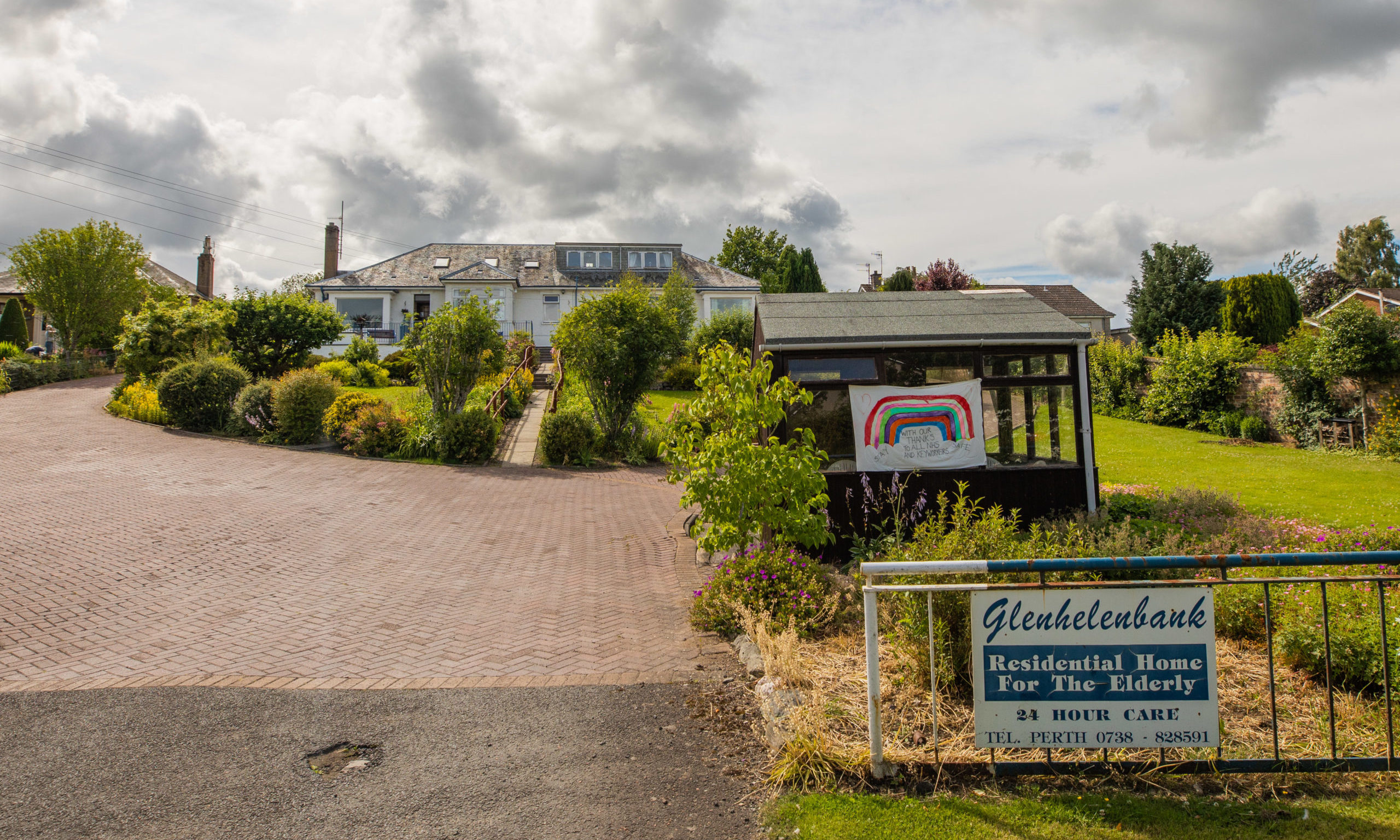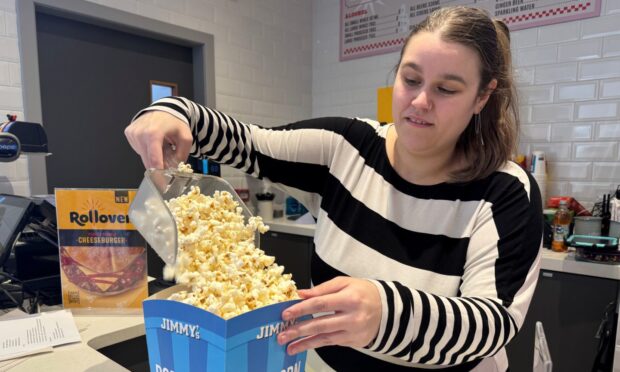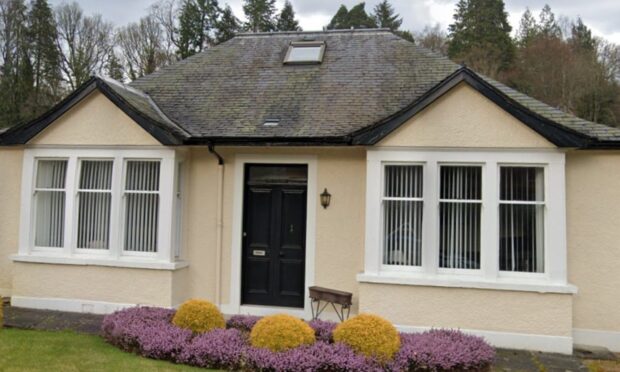A Tayside care home where two people died from coronavirus has been blasted by inspectors for its poor infection control.
Officials said “important weaknesses” at the Glenhelenbank Residential Home in Luncarty had compromised the safety of staff and residents.
At the time of the inspection last month, 10 out of 12 people living at the home had tested positive for Covid-19, alongside nine members of staff.
Two residents died as a result of the outbreak, with at least one treated at Perth Royal Infirmary.
It was the first cluster at the small independent facility, and something that the Care Inspectorate had warned could happen following an earlier visit in July.
The home, which has operated since the late 1970s, was given the lowest score – “unsatisfactory” – for its care and support during the pandemic.
A team of two inspectors praised staff for their hard work and said they “cared for people with dignity and respect” but found they were not always wearing PPE, despite plenty of supplies.
The report noted that demands on workers meant “there were limited resources to support people with activities or provide them with reassurance whilst in isolation” while “low staffing levels, which meant that staff carried out multiple roles, increased the risk of transmission of the virus and led to poor outcomes for people.”
Inspectors stated: “Whilst there was sufficient personal protective equipment (PPE) available and staff wore appropriate personal protective equipment most of the time, we noticed some occasions where staff were not wearing PPE at all or touched objects and surfaces without removing or changing their PPE.
“This was not safe practice and increased the risks of transmission. We discussed with the manager the immediate requirement for further training in relation to infection, protection and control.”
They raised “significant concerns” about management and storage of medication, after an open packet of medicine was found sitting on a lounge coffee table.
And small pedal bins, used to dispose of PPE, were found to be “overflowing” with some lids left open.
It was also noted that because of the design and layout of the home, it was “very difficult” to maintain social distancing in corridors and some communal areas.
“We concluded that the decor and environment did not offer a comfortable or dignified experience for those living in the home and had increased the risk of transmission of infection throughout the home,” the report stated.
Depute manager Don Roth said: “We took on board all the points raised by the care inspectors. We have worked closely with them to make improvements.
“We have subsequently had three visits and the care inspectors have told us they are happier with the situation at the home than previously.”











